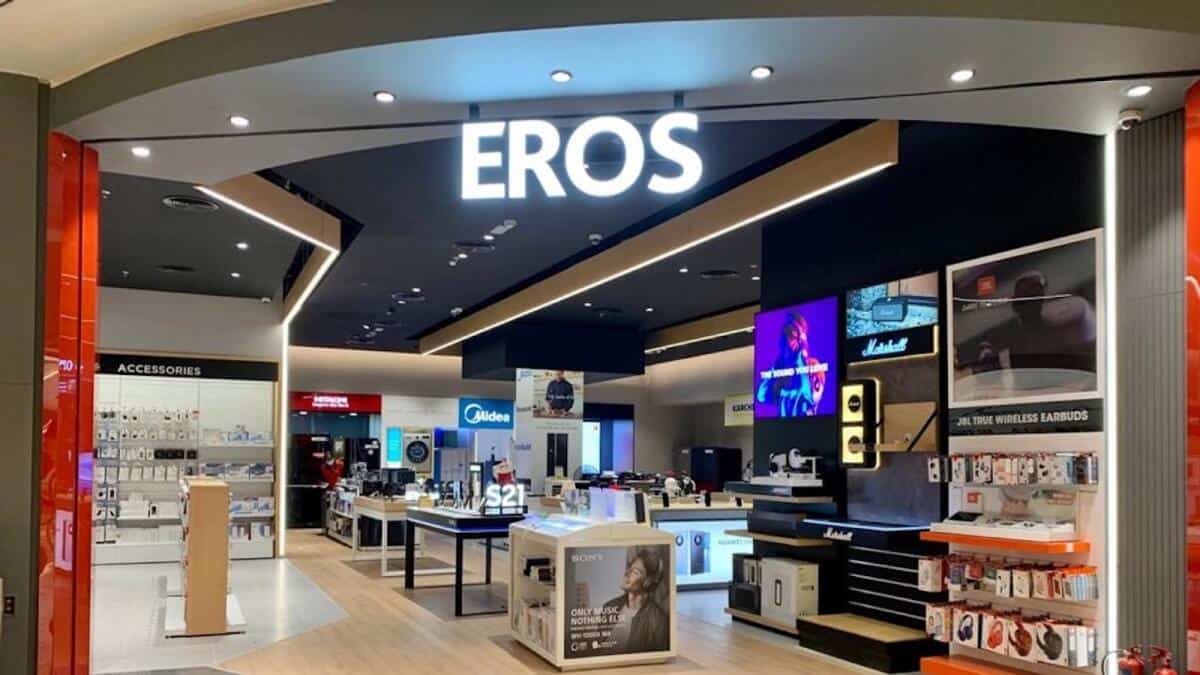Dubai, UAE — The Buy Now, Pay Later (BNPL) services are becoming increasingly popular among consumers and retailers in the UAE and the larger MENA region.
Reports indicate that BNPL payments in the UAE will reach $17.5 billion by 2028.
For retailers, BNPL boosts sales, adds stickiness and lowers basket abandonment without risk. It is an essential service today, particularly after the COVID-19 pandemic and the raging global economic crisis.

“We have seen a significant increase in sales and the number of people using it since we started using BNPL in collaboration with Tabby,” Rajat Asthana, Head of Sales at EROS Group, told TRENDS.
He said 30 percent of the Group’s online orders and 15 percent of store orders are BNPL.
BNPL providers pay retailers upfront and lend money to customers while taking on all of the program’s administrative costs and credit risk.
The appeal of BNPL also lies in the fact that vast amounts of consumer data can be used by retailers to enhance customer loyalty by offering more targeted products.
As a company specializing in the distribution and retail of consumer electronics and products, EROS claims that this service has been extremely beneficial to them.
Home appliances and technology are typically much more expensive than other shopping items such as clothing or perfumes. But in an atmosphere of high inflation and high shipping costs, the BNPL method has allowed a customer to pay for a new phone or refrigerator in four installments without extra cost.
“Today’s consumer is more careful in buying due to his limited purchasing power. He wants to postpone his urgent purchases because he feels pressure from inflation and rising monthly bills. However, now he can pay over four months instead of all at once,” Asthana said.
A majority of consumers are familiar with the BNPL service. According to research by consultant RedSeer, 10 percent of UAE online consumers shopped with the BNPL method in 2020. This percentage is expected to rise to 30 percent by 2026, accumulating more than $2 billion in consumer credit.
Credit cards vs BNPL
Buy Now, Pay Later services provide customers the functionality of credit cards– easy payments with no cash. But BNPL usually eliminates fees and interest in exchange for an agreement that you’ll pay back the loan within a fixed term of up to six weeks.
The approval process for BNPL is quick and easy, with no hard credit check and an upfront explanation of payment amounts and due dates. Credit Cards, on the other hand, offer a more extended credit period with additional fees on purchasing.
The preference for use or selection is up to the user and his preference for the way to pay.
“Different consumers have different needs. For example, some customers prefer to pay their bills over six, 12 or even 24 months. In this case, they use credit cards because they can avail of a longer credit period. It is therefore an excellent choice for such payment plans,” said Ashtana.
“However, the BNPL service was definitely needed. It gives a big boost to retail,” Asthana added.

